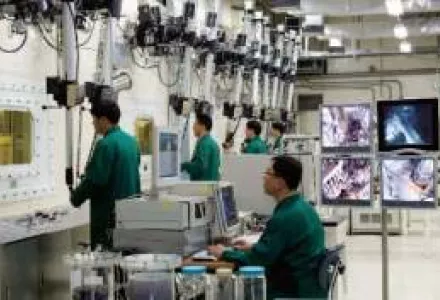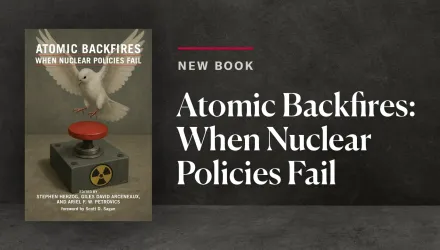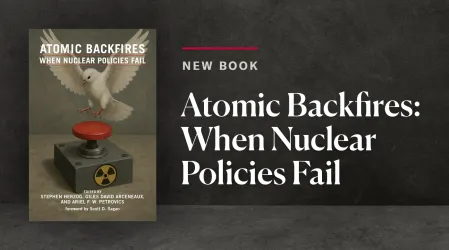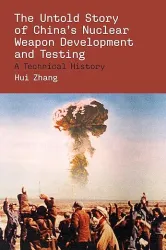South Korean officials have argued—particularly in their talks with the United States on a 123 nuclear cooperation agreement—that South Korea should be free to pyroprocess its spent nuclear fuel. Pyroprocessing differs from PUREX (plutonium-uranium extraction) reprocessing, which has been used commercially for decades in nuclear energy and weapons programs around the world. In pyroprocessing, the plutonium separated from spent fuel remains mixed with other elements. South Korean officials have argued that this difference makes pyroprocessing more proliferation resistant than traditional reprocessing. However, key pyroprocessing steps still pose a proliferation risk. The IAEA, South Korean, and U.S. laboratories have been developing safeguards for pyroprocessing, which are yet untested. The debate over pyroprocessing will not end soon, regardless of what happens in South Korea, as other states are also undertaking R&D. The question of pyroprocessing has also implications for the denuclearization of the Korean peninsula.
Please join us! Coffee and tea provided. Everyone is welcome, but admittance will be on a first come–first served basis.




